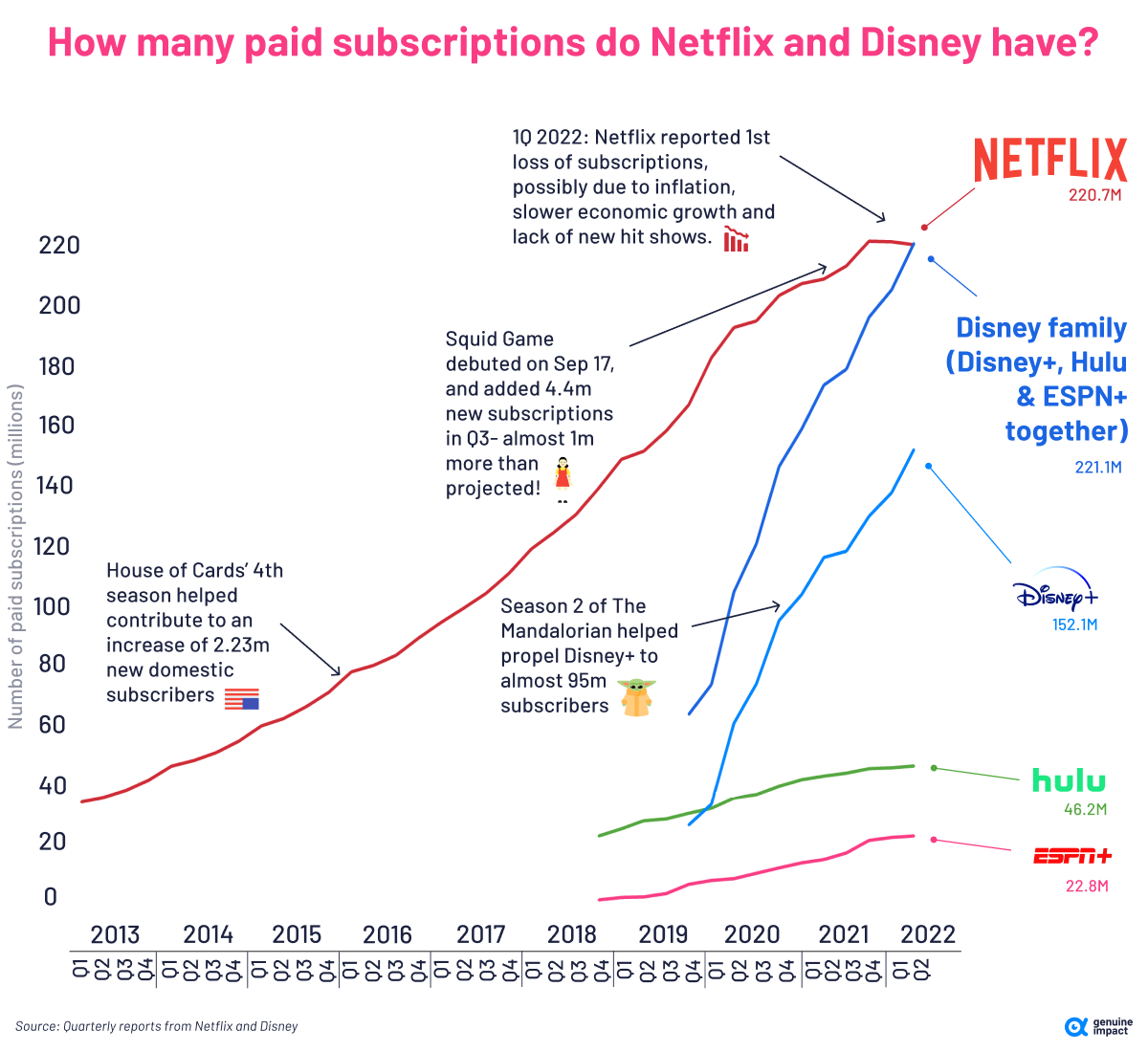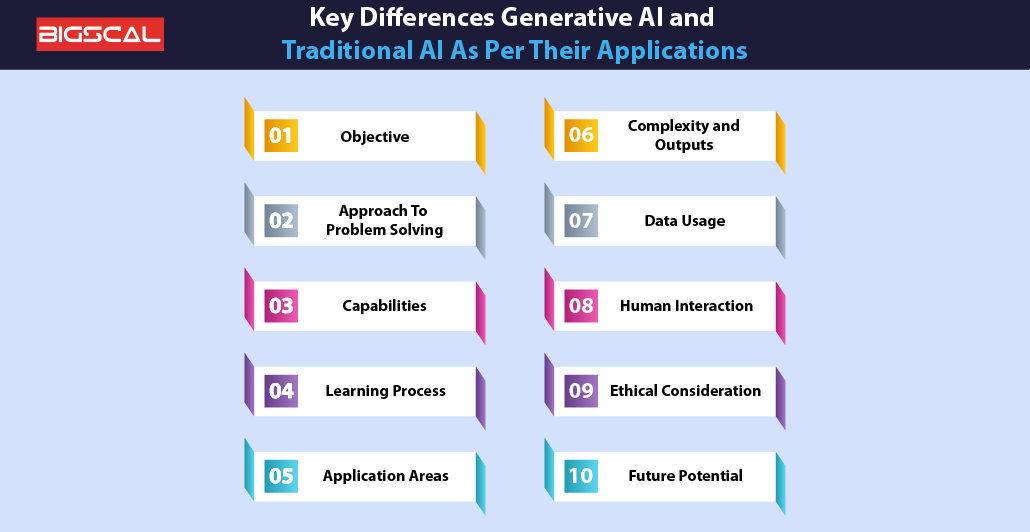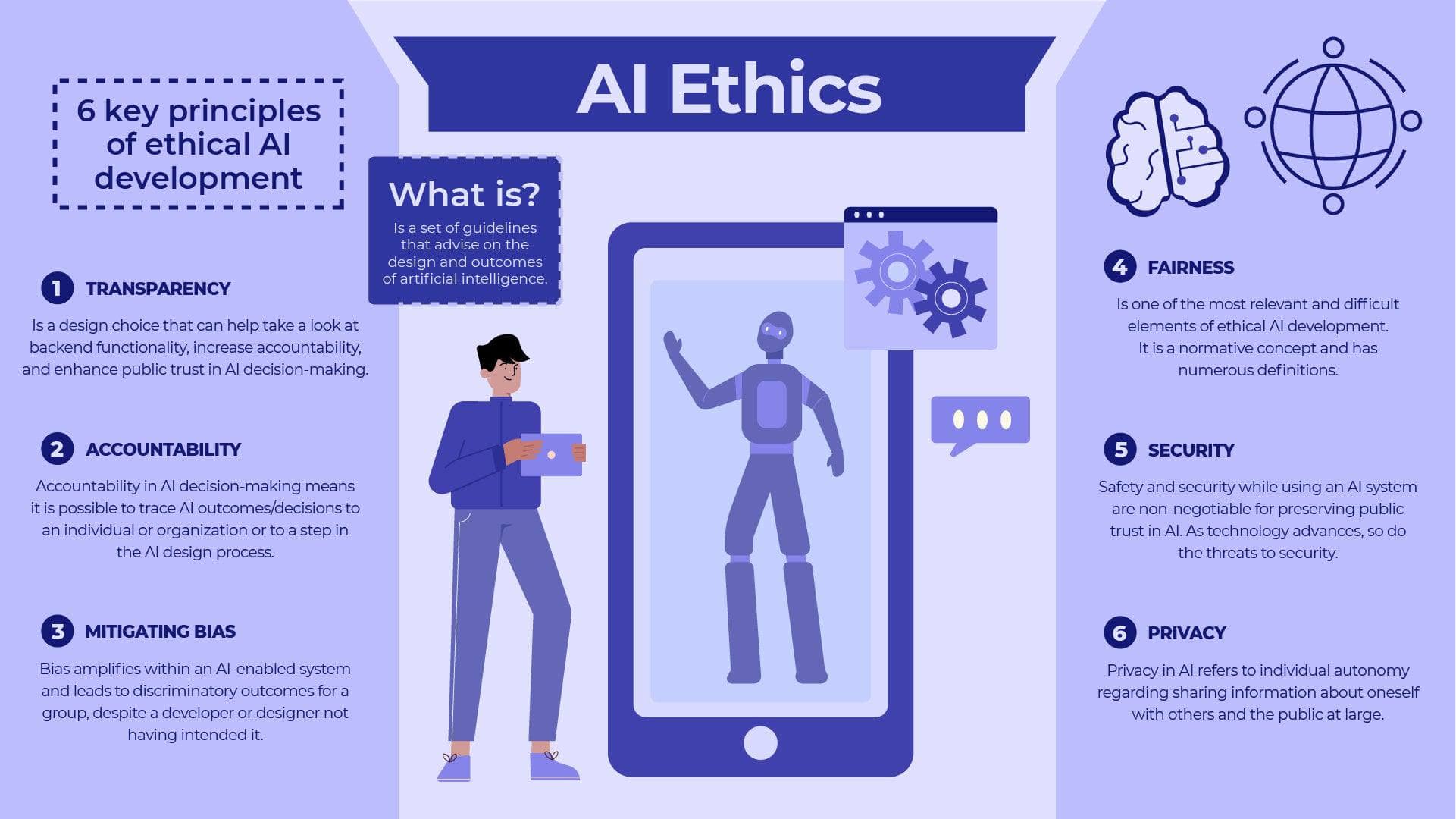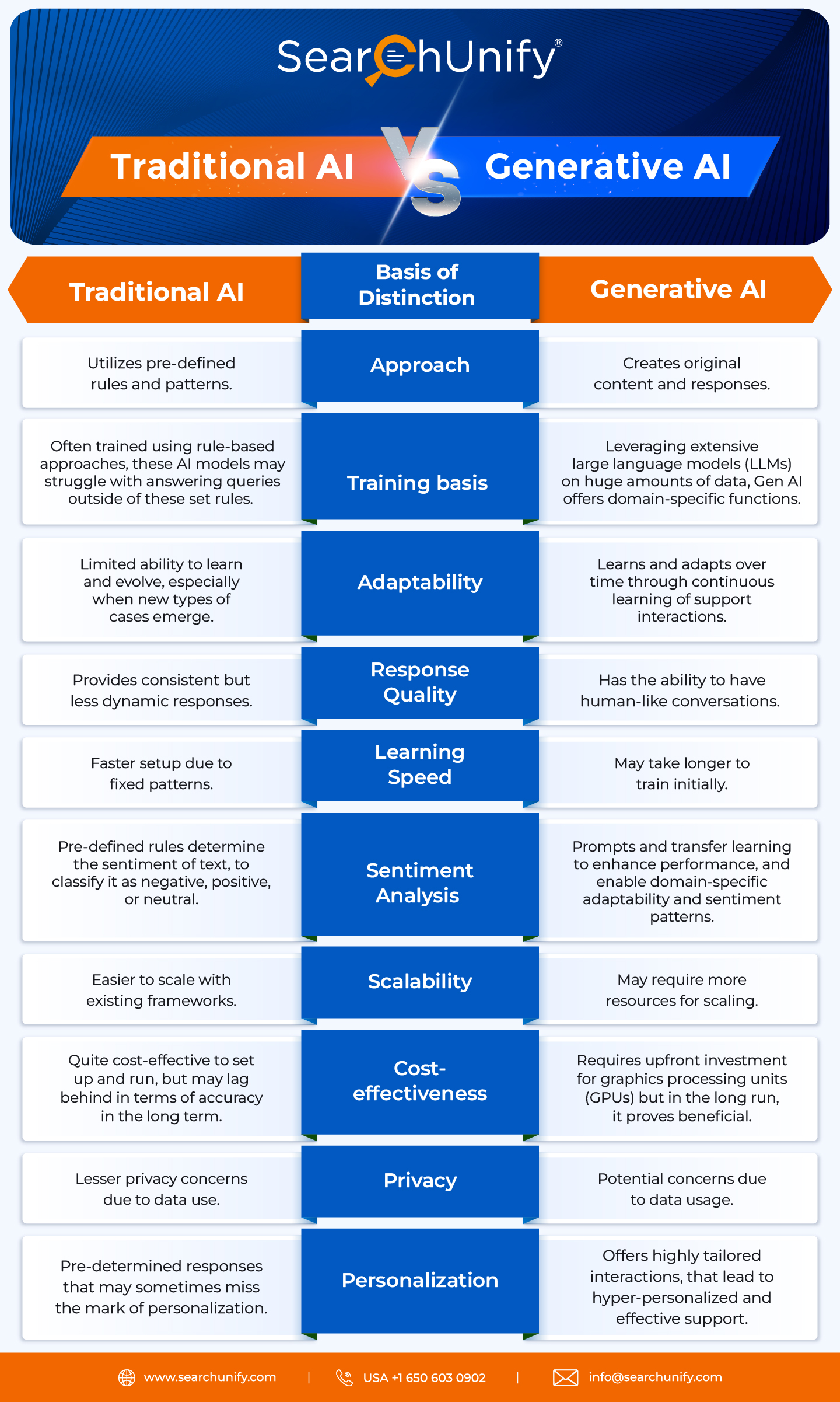The rapid advancement of artificial intelligence (AI) technologies has significantly transformed content creation and digital marketing practices. Content creators and digital marketers face continuous challenges in integrating these new tools into their strategies to remain competitive. Older AI models provided useful functionalities; however, they often lacked the sophistication needed to analyze complex consumer behavior. In contrast, next-generation AI models offer enhanced capabilities that promote creativity, personalization, and engagement, fundamentally changing how content is produced and consumed. This analysis explores key distinctions between traditional and modern AI systems, focusing on how these innovations impact workflow efficiency, content quality, and overall marketing strategies.
Understanding the benefits of adopting advanced AI technologies is crucial for content creators and marketers alike. With the ability to generate more personalized and relevant content, these tools have become essential in achieving desired outcomes. Professionals in the field must reevaluate their current approaches to content creation and strategize on innovative ways to leverage these technologies.
Why Content Creators Must Embrace New Age AI
The integration of new-age AI technologies into content creation is reshaping the industry landscape. Content creators and digital marketers are increasingly acknowledging the advantages of adopting advanced AI models to enhance their efficiencies and overall effectiveness. Traditional AI systems relied on simpler algorithms, which limited their ability to analyze complex data and grasp subtle variations in consumer preferences. Recent data indicates that 54% of global marketers are using AI to help generate initial drafts of content, reflecting a clear shift toward more automated solutions.
This infographic illustrates the differences between traditional AI technologies and generative AI (Source: SearchUnify)
The most current generation of AI tools provides substantial improvements in efficiency and adaptability. These advanced models enable creators to produce personalized content that resonates with their target audiences effectively. Research shows that 26% of marketers have embraced generative AI, with an additional 45% planning to adopt these technologies by 2024. This indicates a growing recognition of the need to customize outputs based on individual user preferences. As such, it becomes essential for professionals in content creation to adapt their workflows to leverage these new tools effectively, ensuring they remain competitive in an evolving digital marketplace.
Revamping Your Content Strategy: The AI Transformation
Integrating AI into content strategy not only streamlines production but also enhances personalization, ultimately leading to improved audience engagement. AI algorithms help marketers analyze comprehensive datasets and derive insights for more targeted content campaigns. A prominent example of AI application in the entertainment industry is Netflix's recommendation engine, which reportedly drives around 80% of the content streamed on its platform. The engine analyzes various factors such as viewing history, ratings, and user behavior patterns to deliver tailored suggestions.
 This visual compares the AI strategies of Netflix and Disney, focusing on content optimization (Source: Visual Capitalist)
This visual compares the AI strategies of Netflix and Disney, focusing on content optimization (Source: Visual Capitalist)
Furthermore, research suggests that 71% of marketers agree that AI tools have markedly streamlined their content creation processes. By implementing AI-driven analytics and insights, creators can respond more adeptly to audience preferences, leading to heightened engagement and conversion rates. The influence of AI on content strategy empowers marketers to craft more relevant and personalized experiences, thereby fostering deeper connections with their audiences. This clearly demonstrates the necessity of integrating AI into established workflows to achieve optimal results.
Old AI vs. New AI: What’s the Real Difference?
A detailed comparison of old and new AI technologies reveals distinct differences in functionality, capability, and content quality. Traditional AI models often relied on rigid templates and simple data interpretation methods, leading to outputs that frequently lacked nuance and depth. Consequently, user engagement diminished, as audiences gravitated toward content that felt personalized and relevant. In contrast, modern AI technologies, particularly generative models, harness advanced machine learning techniques to learn from ongoing interactions, leading to a more adaptable approach to content production.
 A detailed chart illustrating the significant differences between traditional AI and generative AI (Source: Bigscal)
A detailed chart illustrating the significant differences between traditional AI and generative AI (Source: Bigscal)
For example, 20th Century Fox utilized an AI system named Merlin to analyze movie trailers and predict audience preferences, enhancing their marketing strategies. Additionally, Niantic's use of generative AI in the augmented reality game Peridot demonstrates how AI can create more engaging virtual pet interactions. These comparisons underscore the advantages of transitioning from traditional to modern AI, as the latter offers significant advancements in how content can connect with audiences.
Ethical Considerations: Navigating AI in Content Creation
With AI technologies increasingly prevalent in content creation, ethical considerations must be prioritized to ensure responsible usage. Transparency and disclosure of AI involvement in content production are essential for building audience trust. Organizations should clearly communicate when AI is utilized, aligning with the growing demand for ethical guidelines in AI applications.
 An infographic outlining ethical principles for using AI in content creation (Source: Infografolio)
An infographic outlining ethical principles for using AI in content creation (Source: Infografolio)
Moreover, human oversight remains vital for maintaining accountability in AI-generated content. Marketers and creators must evaluate AI outputs for accuracy and consistency with brand values. Regular audits of AI systems can identify biases and ensure compliance with ethical standards. As cited in research, 30% of marketers utilize AI for content repurposing, highlighting the necessity for ethical checks in AI practices. Striking a balance between the benefits of automation and maintaining ethical integrity is crucial in the ongoing evolution of content production.
Strategies for Staying Competitive with AI in Content Creation
In an increasingly competitive landscape, content creators must adapt their skillsets due to ongoing technological advancements. Developing a unique voice while leveraging AI tools is essential for ensuring authenticity in branded content. Professionals in the field need to invest in continuous learning to remain relevant in an AI-driven market.
 This graph shows the evolution of skills required in digital marketing driven by AI integration (Source: CDO Magazine)
This graph shows the evolution of skills required in digital marketing driven by AI integration (Source: CDO Magazine)
Research indicates that 77% of marketers believe AI has fundamentally changed the skill sets required for new hires. Consequently, vital AI competencies have emerged, including data analysis and content optimization, which are crucial for achieving superior outcomes in marketing efforts. Embracing these developments and prioritizing learning will empower marketers to maintain a competitive edge in an ever-evolving landscape.
The Future of AI and Content: What Lies Ahead?
As the future unfolds, the potential applications of emerging AI technologies in content creation promise significant benefits. Predictive analytics allow brands to analyze user behavior and preferences, facilitating the production of personalized content at scale. Projections suggest that the AI market will reach approximately $107.5 billion by 2028, reflecting the growing demand for tailored experiences across various industries.

The rapid development of AI capabilities in marketing will perpetuate an increase in personalization and content adaptation, ultimately enhancing the viewer experience. By preparing for these advancements and adopting innovative AI tools, brands can enrich their marketing strategies and maintain their relevance in a dynamic digital marketplace.
In conclusion, the landscape of content creation and digital marketing is being reshaped by the ongoing advancements in AI technology. The shift from traditional AI models to more sophisticated systems provides content creators and marketers with substantial advantages in efficiency, personalization, and quality of output. As these changes unfold, it is imperative for professionals in the field to adapt their strategies and skill sets while considering ethical implications in their practices. Leveraging the full potential of AI can significantly improve the effectiveness of content creation, paving the way for ongoing innovation and success in the industry.

Comentários (0)
Entrar para participar da discussão ou .